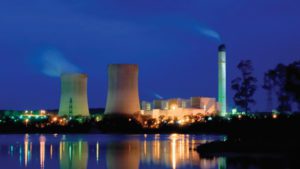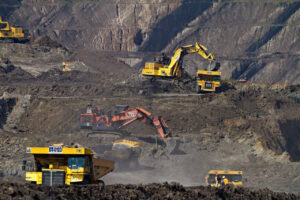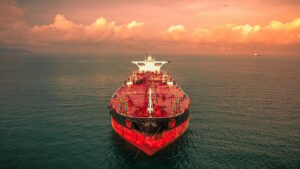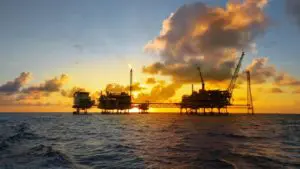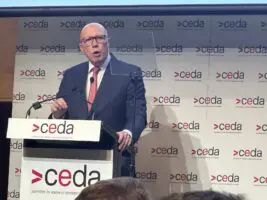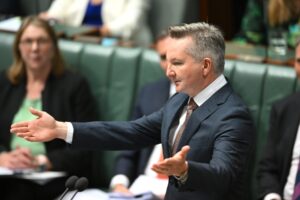The Australian federal government has announced a long long-awaited review of the country’s precarious transport fuel security – focusing on liquid fuels such as petrol, diesel and jet fuel.
But it is not clear how much the prospects of electric vehicles will be taken into account by the government study into Australia’s fuel security, which has less than 50 days reserves, little more than half the recommended level.
Environment and energy minister Josh Frydenberg issued a media release and published an op-ed in Fairfax press on Monday highlighting the need for a review, citing Australia’s failure to keep up with international standards for fuel security, and its vulnerability to supply shortfalls.
“Over the past two years, we have been focused on securing reliable and affordable electricity and gas. It is time now to consider Australia’s liquid fuel security.”
But – in an era where the transport sector is looking increasingly at electric trucks and electric vehicles for car fleets and individual ownership – there was no mention in either document of EVs.
Australia’s woeful fuel security issue was highlighted in the recent country report issued by the International Energy Agency earlier this year, which couldn’t quite believe that Australia could be so cavalier.
The level of security been deteriorating since 2000/01, when Australia production accounted for all domestic consumption, but hit a low last October, the IEA says, when stocks fell to just 48 days of supply – well below the 90-day thresh-hold required under international guidelines.
“Australia is the only IEA country which is a net oil importer and solely relies on the commercial stockholding of industry to meet its minimum 90-day stockholding obligation under the International Energy Program,” the IEA wrote.
“The country does not have public stockholdings and does not place a minimum stockholding obligation on its domestic oil industry.”
The issue is growing, particularly with Chinese moves into the South China Sea and the potential for bottlenecks from Australia’s largest source of fuel – the mega-refineries in south-east Asia.
The vulnerability has been highlighted by an number of reports, including from the NRMA and ClimateWorks.
NRMA last year wrote that EVs will improve Australia’s fuel security by reducing demand for imported fuels
“The Australian Government should prioritise domestic electricity generation to improve Australia’s fuelsecurity and bring forward the benefits of electric and automated vehicles, it wrote in its report: The future of cars is electric.
“At a time when close to all of our oil supply is relianton importation, transitioning our road eet to run on domestically-generated energy would signi cantlyimprove our national fuel security.”
It recommended that the government should provide a short-term exemption to Fringe Benefits Tax and abolish the Luxury Car Tax for electric vehicles and associated infrastructure to encourage mass adoption.
Australia currently suffers from a paucity of EV models to choose from. The few that are, or will be available anytime soon, are expensive.
AGL and ClimateWorks have both recommended that encouraging the uptake of EVs could save consumers billions of dollars, enhance fuel security for the country, help reinforce the grid and help emission reductions.
However, tentative steps by the federal government into EVs and tightening Australian fuel standards (it effectively doesn’t have any, leaving the country to become a dumping ground for dirty and inefficient cars) has been attacked, absurdly, as a “carbon tax” on cars by the Murdoch press.
This may explain the government’s hesitancy in mentioning EVs and fuel standards in its latest review.
A spokesman for Frydenberg said he assumed review, which would be undertaken by the department, would consider electric vehicles, but later added:
“The fuel security review will be conducted by the Department of the Environment and Energy.
“The Department will consult widely with government and industry. The review will consider potential changes in demand, including the uptake of electric vehicles.”
“Australia’s fuel quality standards are relatively outdated and have not kept pace with world best practice and changes in the oil industry and global markets,” the IEA said.



